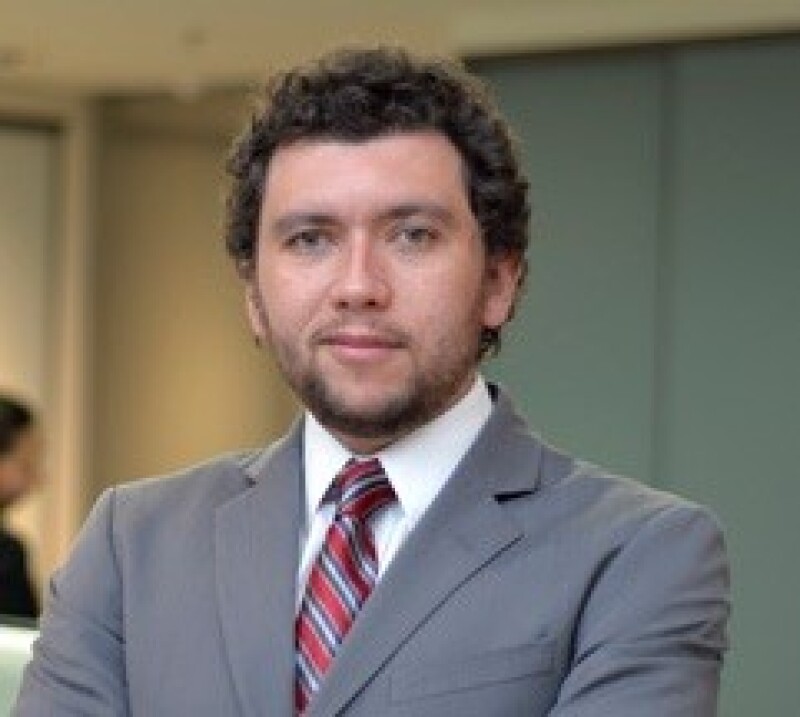
Under current international copyright treaties there is no copyright protection afforded to video games as a separate category of work. The protection that has been applied to video games under copyright has been granted in several countries, but only in the form of other types of works such as computer programs, audiovisual, multimedia, musical, artistic and literary works, among others. For instance, the source code of a video game has been protected in some countries, such as Colombia, under the provisions of computer programs or literary works, whereas the video and music portions of the games are protected under the rules applicable to audiovisual or multimedia works, and the video game scripts are protected as literary works.
Despite the fact that those current provisions do guarantee, in most cases, copyright protection for video game authors and right owners, there are certain situations in which it would be important to consider if video games should be protected as autonomous works, or at least contemplate video games as a separate category of work exclusively for registration purposes.
One relevant circumstance in which it would be important to consider harmonisation or regulation of video games as a separate or sui generis work concerns the legal presumptions related to copyright assignments. There are many legal presumptions in national and international laws concerning copyright assignments in favour of audiovisual, musical or software producers. In these categories, copyright is usually assigned to the producer when the ownership of the copyright has not been agreed by contract. If video games are considered audiovisual works, one reoccurring and unsettled issue is whether the copyright should be assigned, by virtue of this legal presumption, to the video game producer. Currently, if a video game is treated as software, the presumption is to assign copyright to the software producer. Likewise, in the case of musical works, the presumption may dictate assignment in favour of the producer, and so on.
|
|
“One point in favour of creating a separate category of work for video games is the opportunity to create special rules for this complex industry that shares similarities with the film and musical industries, but also embodies many differences” |
|
|
Therefore, one point in favour of creating a separate category of work for video games is the opportunity to create special rules for this complex industry that shares similarities with the film and musical industries, but also embodies many differences. One newly proposed rule is the establishment of a specific legal presumption in favour of the video game producer, which would dictate that copyright be assigned when the agreement with the authors remain silent on this point. Although copyright ownership is usually agreed in contracts between authors and right owners, there are many situations when this subject is surprisingly ignored by the parties causing further litigation over who owns the copyright.
Furthermore, only few Copyright Offices have a specific category for filing copyright recordals related to video games. If there is not a separate category in the Registry, an applicant is likely obligated to file more than one recordal, as is the case in Colombia where software, audiovisual and literary works applications are made separately in order to register all the copyrights embodied in a video game. Similarly, characters may also be included in a single application in countries where video game characters are protected under copyright.
Therefore, one recommendation for Copyright Registration Offices is allowing a separate category of work for registration of video games, in which applicants can record, in a single application, all the copyrights involved in a video game. While it may seem unpractical to modify international copyright treaties and national laws, the recommendations above may be possible without enacting new treaties or laws. This is because the categories created by a Copyright Office for its Registry do not necessarily have to correspond with a type of work qualified for protection under the law. For instance, digital art works are qualified as artistic works for copyright registration purposes before the Colombian Copyright Office, even though it is not a type of work described in copyright international treaties or laws. As long as the work fulfils copyright requirements, it would be possible to create a new category solely for registration purposes. Technology will continue to allow for the creation of new types of copyright works that the law cannot qualify or regulate in real time. The possibility of creating a specific registration category for video games, however, would facilitate the interest of authors and right owners that require copyright recordals, not only as a simple and official declaration on the existence of a work, but also as evidence for potential future litigation.
One cannot ignore that not only is the video game industry growing faster than the musical and audiovisual industries, but also that the litigation concerning copyright and video games is increasing every day, and copyright recordals for this specific growing category of work would be highly applicable.
José Roberto Herrera is a partner at Herrera Diaz Abogados in Bogota, Colombia.











